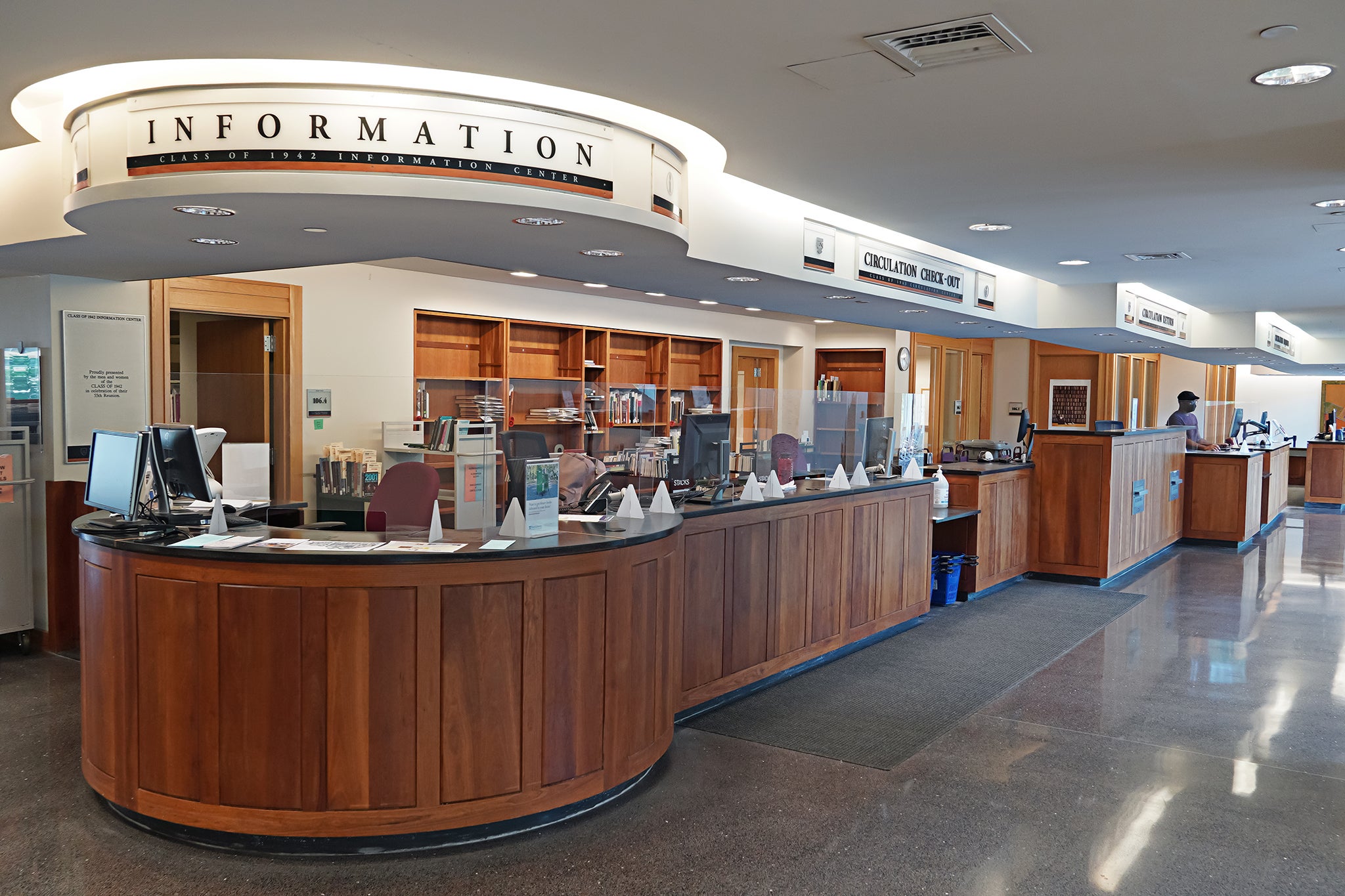ugh.. the Slavonic Dances are annoying, but Dvorak's last three symphonies are good.
Besides the Missa Solemnis (and of course the Ninth Symphony), which I already recomended, some other great Beethoven works of his later period are the Sonata op. 106, "Hammerklavier" and the String Quartet #14. The latter was orchestrated for full string orchestra by Koussevitsky, adding double basses. I have a recording of this done by Leonard Bernstein that is pretty impressive. Really, most late Beethoven is fascinating, deep music.
Other works for string orchestra I like are Richard Strauss' Metamorphosen and Schoenberg's Verklärte Nacht (originally for string quartet).
Almost anything by Grieg is wonderful.. I like the Two Elegiac Melodies a lot. He also wrote many songs which are very beautiful. Sibelius is another favorite. His Four Legends from the Kalevala, the First, Second, Fourth, and Fifth Symphonies, and the Violin Concerto are excellent. Rachmaninoff is another favorite. His Piano Concertos are well known, but equally great are his Symphony #2, Rhapsody on a Theme of Paganini, and the symphonic poem Isle of the Dead. If you can find any of these conducted by Eugene Ormandy, get them. Ormandy was one of the very best conductors ever, but sadly is already almost forgotten. I have an old mono recording he did of Isle of the Dead (which will probably never be re-released) which is just a flawless performance. Until you hear other interpretations, you don't quite appreciate how perfect Ormandy's were. Vladimir Ashkenazy has proven to be a good Rachmaninoff conductor though. If you can't find Ormandy's recordings, his are pretty decent.
Other recordings I would recommend:
Mahler's Symphony #9, live recording by Karajan.
Wagner's Tristan und Isolde recorded by Böhm at the Bayreuth festival.
Sibelius' complete symphonies by Colin Davis.
Bruckner's Symphony #4 recorded by Ormandy and his Symphony#7 by Karajan (older analog 70's version is better).
Anything recorded by Fürtwängler. His Beethoven symphonies and Tristan und Isolde are legendary.
Besides the Missa Solemnis (and of course the Ninth Symphony), which I already recomended, some other great Beethoven works of his later period are the Sonata op. 106, "Hammerklavier" and the String Quartet #14. The latter was orchestrated for full string orchestra by Koussevitsky, adding double basses. I have a recording of this done by Leonard Bernstein that is pretty impressive. Really, most late Beethoven is fascinating, deep music.
Other works for string orchestra I like are Richard Strauss' Metamorphosen and Schoenberg's Verklärte Nacht (originally for string quartet).
Almost anything by Grieg is wonderful.. I like the Two Elegiac Melodies a lot. He also wrote many songs which are very beautiful. Sibelius is another favorite. His Four Legends from the Kalevala, the First, Second, Fourth, and Fifth Symphonies, and the Violin Concerto are excellent. Rachmaninoff is another favorite. His Piano Concertos are well known, but equally great are his Symphony #2, Rhapsody on a Theme of Paganini, and the symphonic poem Isle of the Dead. If you can find any of these conducted by Eugene Ormandy, get them. Ormandy was one of the very best conductors ever, but sadly is already almost forgotten. I have an old mono recording he did of Isle of the Dead (which will probably never be re-released) which is just a flawless performance. Until you hear other interpretations, you don't quite appreciate how perfect Ormandy's were. Vladimir Ashkenazy has proven to be a good Rachmaninoff conductor though. If you can't find Ormandy's recordings, his are pretty decent.
Other recordings I would recommend:
Mahler's Symphony #9, live recording by Karajan.
Wagner's Tristan und Isolde recorded by Böhm at the Bayreuth festival.
Sibelius' complete symphonies by Colin Davis.
Bruckner's Symphony #4 recorded by Ormandy and his Symphony#7 by Karajan (older analog 70's version is better).
Anything recorded by Fürtwängler. His Beethoven symphonies and Tristan und Isolde are legendary.


 )
)



Comment